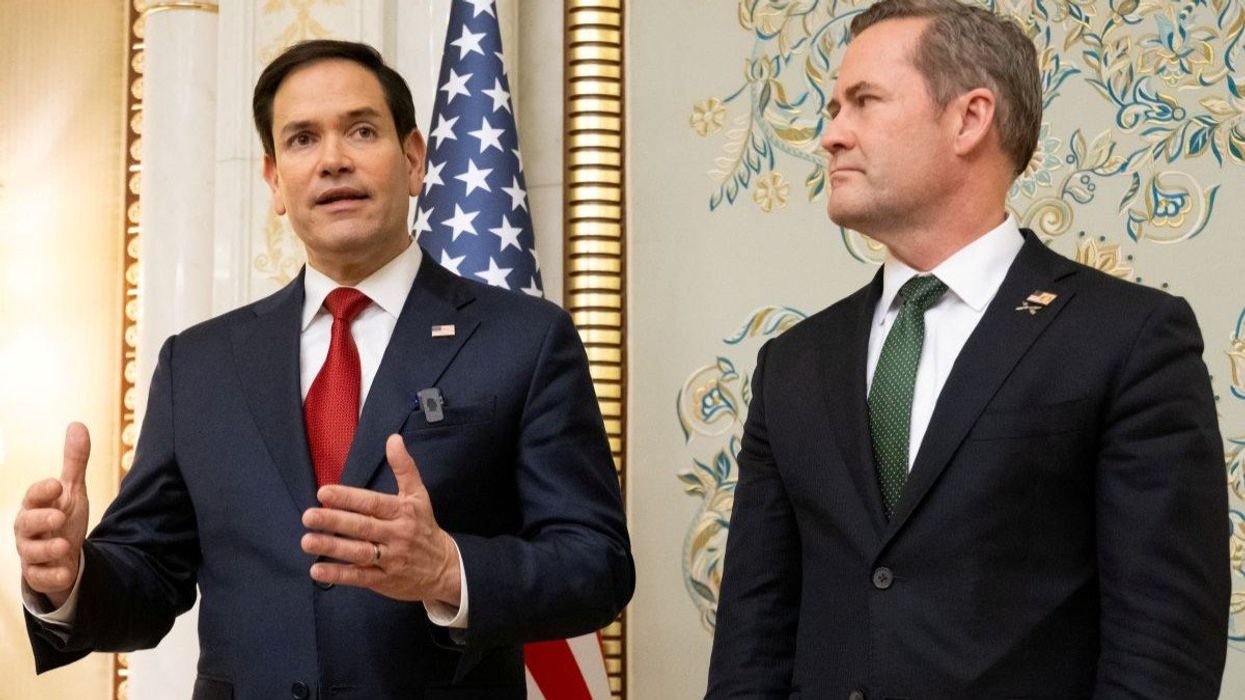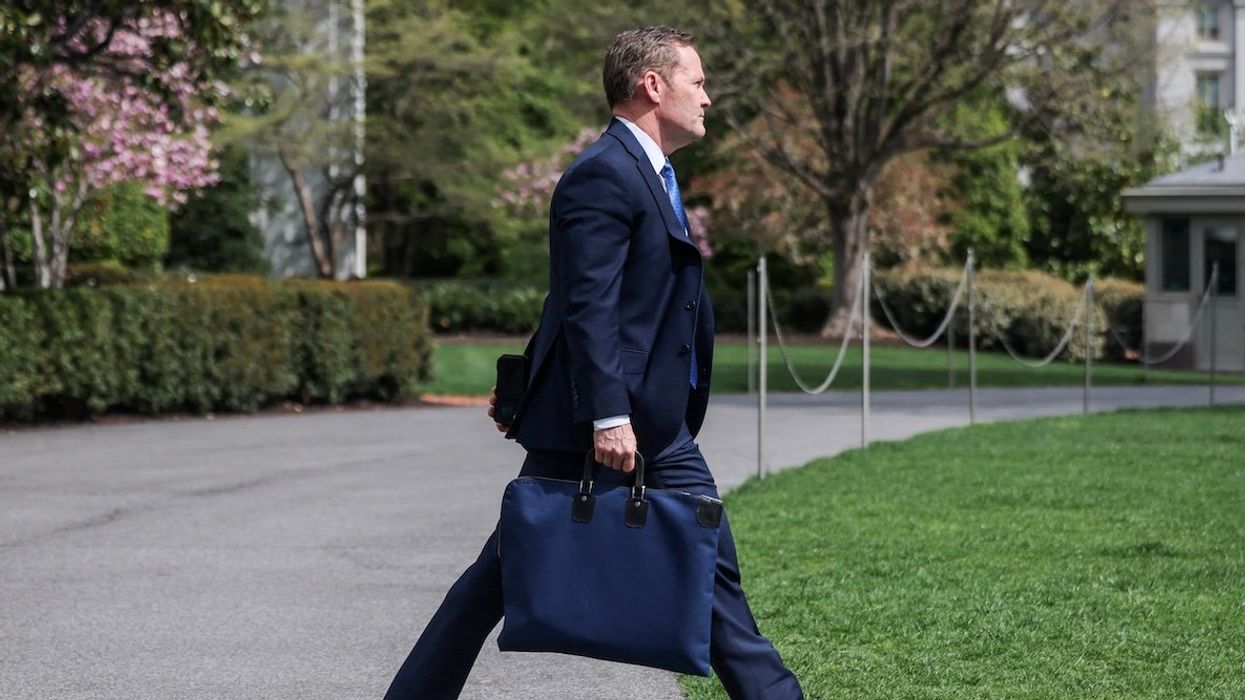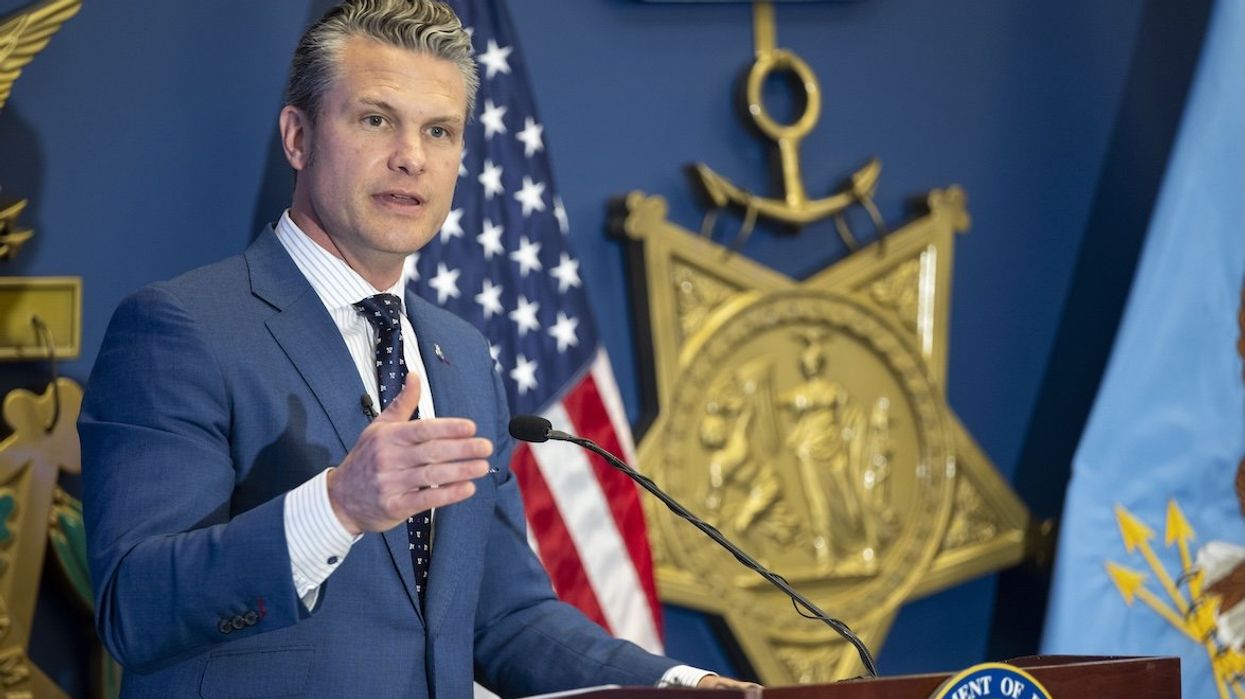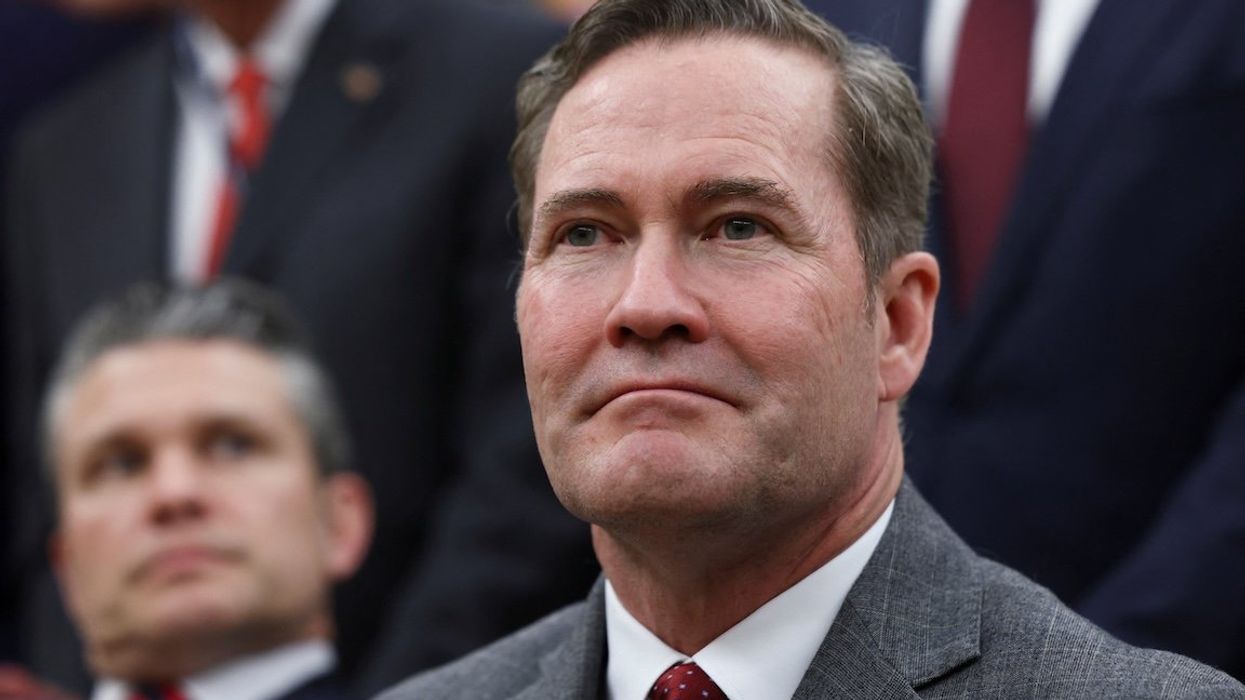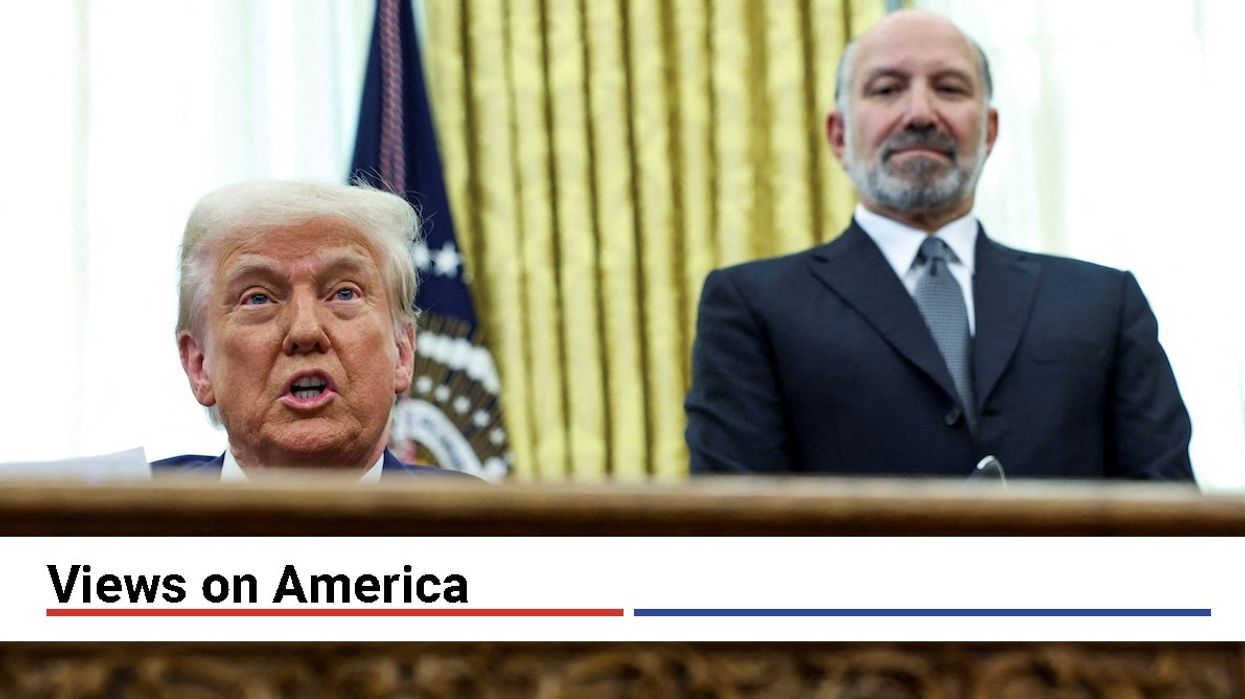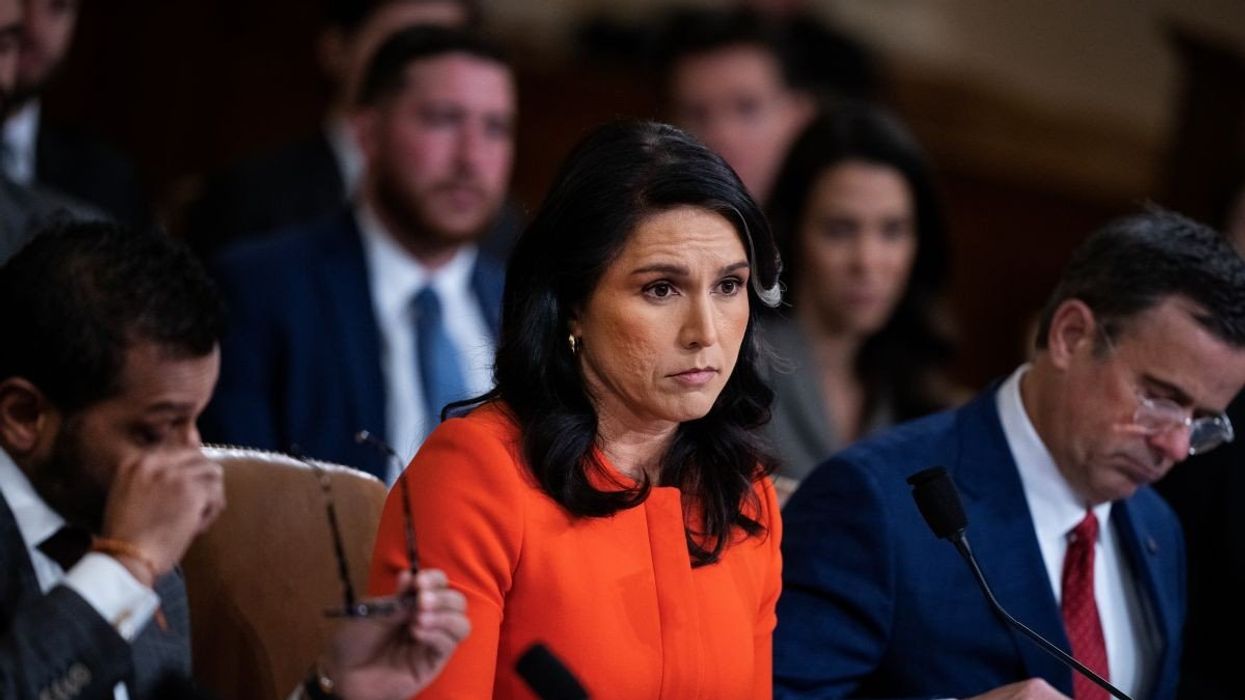What We're Watching
Waltz out of White House, as Rubio adds more to his plate
US National Security Adviser Michael Waltz will exit his post, CBS News first reported, and will be nominated as ambassador to the United Nations. The move brings a premature end to the Floridian’s tumultuous White House stint, one that has been marred ever since he accidentally added a journalist from The Atlantic to a Signal chat discussion about US attack plans in Yemen.
May 01, 2025
